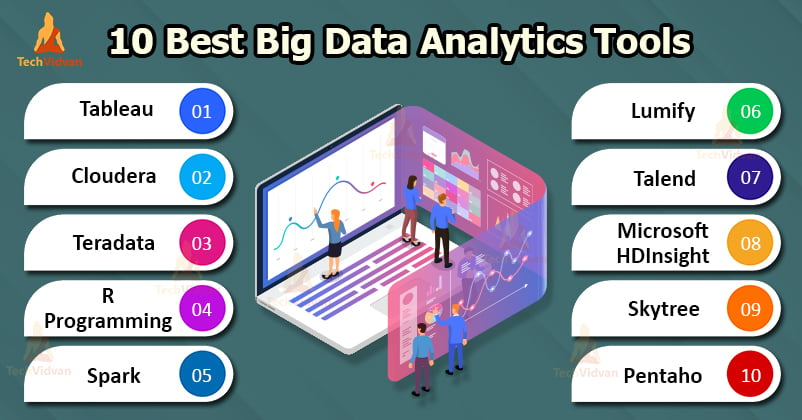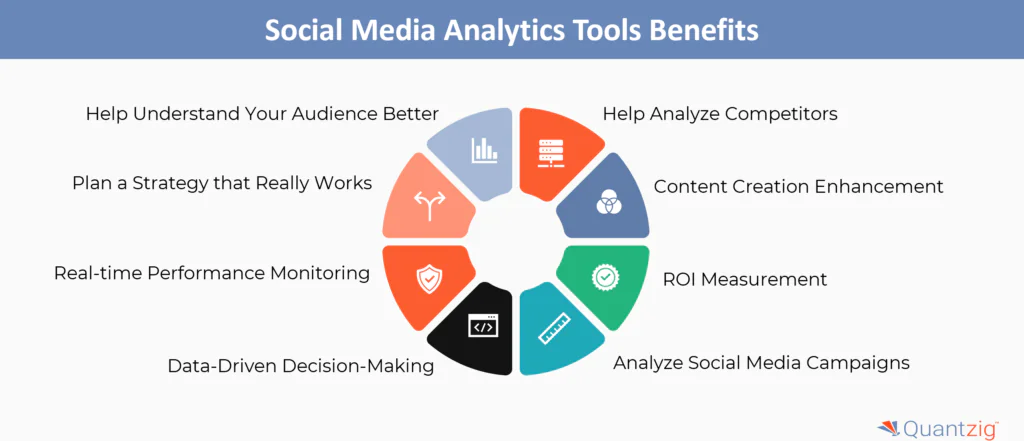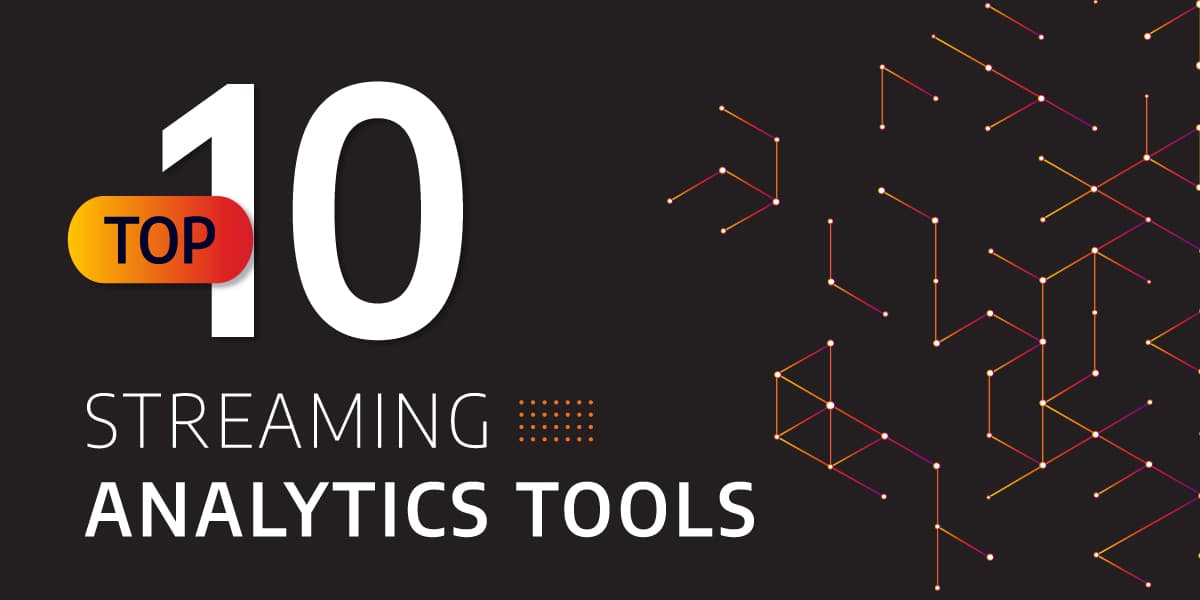Make Best Use Of Development: How Analytics Drive Better Strategies
By taking advantage of information understandings, services can refine their functional methods, expect market adjustments, and improve consumer engagement. The difficulty lies not just in collecting data but in effectively analyzing it to drive tangible outcomes.
Recognizing Data Analytics
Information analytics is an organized computational evaluation of information that allows organizations to uncover purposeful patterns and understandings. This process includes a range of methods, consisting of statistical analysis, anticipating modeling, and data mining, which collectively aim to change raw information into actionable details - Analytics. By using these approaches, organizations can make educated choices that are rooted in empirical evidence as opposed to intuition alone
The structure of data analytics depends on its capacity to handle huge quantities of info from varied sources. This consists of structured data, such as databases, and disorganized information, including social media communications and client responses. Via the usage of specialized software program and tools, analysts can draw out and process this information effectively, identifying fads and relationships that might not be quickly noticeable.
Comprehending data analytics additionally involves acknowledging the importance of information high quality and integrity. Exact and reputable information is crucial for significant analysis; thus, organizations should apply robust data administration methods. The repetitive nature of analytics permits for continual improvement and enhancement of strategies, making certain that organizations remain dexterous in the face of altering market characteristics and consumer behavior.
Key Benefits of Analytics

Among the key benefits of analytics is its capability to supply workable understandings. Organizations can swiftly evaluate substantial amounts of data, uncovering patterns that may not be immediately apparent. This aids in expecting market changes and adapting approaches as necessary. Furthermore, analytics fosters a culture of evidence-based decision-making, reducing reliance on instinct and uncertainty.
One more significant benefit is boosted client understanding. Analytics devices allow organizations to segment their target market, track customer behavior, and individualize advertising initiatives. This targeted strategy not only improves customer involvement but also drives greater conversion rates.

Implementing Analytics Strategies
To totally realize the benefits of analytics, companies should take on organized strategies for execution. This begins with plainly defining purposes that line up with broader business goals. By developing specific, measurable results, organizations can concentrate their analytics efforts on locations that yield the greatest roi.
Following, organizations should prioritize information administration to ensure the integrity and safety and security of the data being evaluated. This entails setting up protocols for information collection, storage space, and access while adhering to pertinent laws. Making certain high-quality information is essential for producing purposeful understandings.
Furthermore, promoting a society of data-driven decision-making is important. This calls for training workers to translate analytics findings and encouraging partnership across departments. They are more likely to integrate understandings into their day-to-day click for info operations. when groups understand the value of analytics.
Last but not least, companies must on a regular basis evaluate and fine-tune their analytics methods. The landscape of data and innovation is continually advancing, and remaining versatile will certainly allow companies to utilize new devices and approaches properly. By executing these structured approaches, companies can make the most of the influence of their analytics campaigns and drive lasting growth.
Tools for Reliable Analysis
Reliable analysis relies upon a variety of devices that promote the removal of insights from data - Analytics. These devices can range from straightforward spread sheet applications to sophisticated maker finding out platforms, each serving a special function in the analytical process
Data visualization software application, such as Tableau and Power Find Out More BI, plays a critical duty in transforming complex datasets into understandable visual depictions. These tools allow analysts to recognize fads and patterns quickly, permitting more informed decision-making.
Statistical evaluation software, like R and SAS, supplies sophisticated capabilities for performing thorough analyses, including regression, hypothesis screening, and predictive modeling - Analytics. These attributes encourage organizations to draw significant conclusions from their data, determining possible opportunities and risks
In addition, database management systems such as SQL and NoSQL data sources provide the needed facilities for saving and quizing large quantities of data effectively. They guarantee that information is arranged and accessible for analysis.
Finally, service knowledge platforms incorporate different data sources, giving a detailed sight of business performance. By utilizing these tools effectively, organizations can enhance their analytical capacities, allowing them to develop techniques that make the most of development and improve total efficiency.
Study of Success
Effective organizations commonly leverage click to read information analytics to drive impactful strategies, as evidenced by numerous remarkable case studies. By utilizing these insights, Netflix has actually effectively customized its content referrals, resulting in raised customer involvement and client retention.

Additionally, Starbucks utilizes information analytics to determine optimum store areas and improve its product offerings. By examining consumer demographics and purchasing patterns, Starbucks efficiently recognizes high-potential markets and tailors its food selection to regional tastes, driving sales and customer commitment.
These case researches highlight that effective application of information analytics can result in strategic advantages, fostering technology and development within companies across numerous markets.
Verdict
In conclusion, the integration of analytics right into business methods considerably boosts decision-making processes and cultivates lasting development. The effective application of analytics tools further sustains agility and advancement, making it possible for organizations to browse competitive landscapes with higher precision.
Information analytics is an organized computational evaluation of information that allows organizations to uncover significant patterns and insights.Comprehending data analytics also entails identifying the importance of information top quality and stability. Exact and dependable information is vital for significant analysis; thus, companies should implement durable data administration practices.Following, organizations should prioritize information governance to ensure the honesty and safety and security of the data being analyzed.Successful organizations commonly leverage data analytics to drive impactful methods, as shown by numerous remarkable case studies.